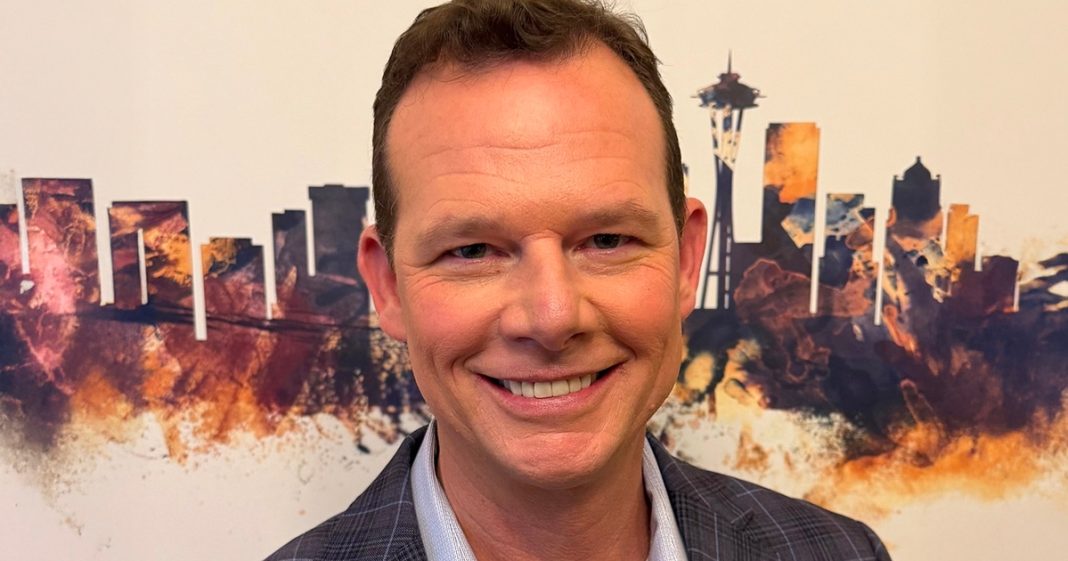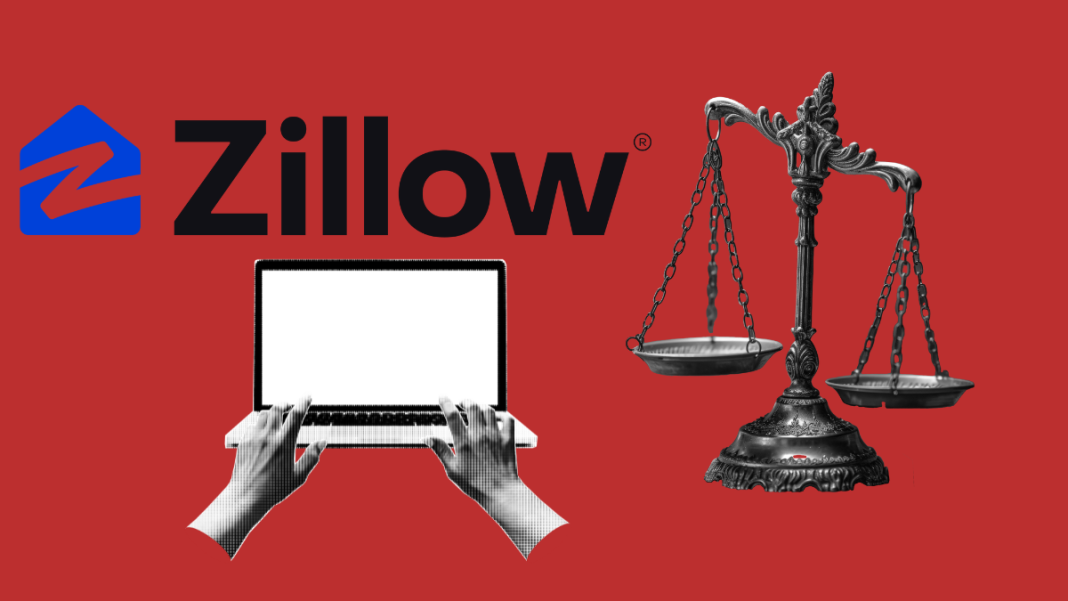Companies across almost every industry are increasingly hiring chief artificial intelligence officers as AI becomes more integrated with existing technology stacks or replaces them.
The wealth management industry is following suit, with the most recent example being Invent’s hiring of Jim Zimmerman as its chief AI officer.
Zimmerman most recently had stints at Red Hat, an open hybrid cloud technology provider, where he was principal product manager, and Microsoft, where he served as a business manager and Black Belt Engineer for Microsoft Azure.
At both those firms, his work focused on how enterprise developers deploy and manage technology at scale, which will also be a focus of his work at Invent, the data integration and management provider and consultancy.
“This is a move we’ve been thinking about the last 12 months,” said Oleg Tishkevich, CEO of Invent.
“Every company needs to think seriously about how AI is going to help or affect their business, and certainly, when used properly, especially in software, it can help in building prototypes, developing software quicker, can help a firm understand and analyze its data, streamline workflows, all of the above,” he said.
Tishkevich said that Invent now has more than 130 team members and that its sweet spot is in serving large RIAs and IBDs with assets from $1 billion to $155 billion, as well as software companies that serve this market. Invent has also gone international, with work and engagements across 26 countries.
Zimmerman said he has always been interested in financial services.
“It is a sector that is ripe for innovation but has always been more conservative and because of it a little slower in adopting things,” he said.
But things are changing rapidly; he points to the recent rollout of Claude for Financial Services.
“You can see that is where the puck is going with AI; it is not just about financial services but being able to build at a rate we never could before and we can really now create a proof of concept [using AI] without having to hire a bunch of people to do it,” he said, which is what makes the current environment particularly exciting.
Over the last decade, he said that much of his work had focused on building out cloud and AI infrastructure.
“So, for me to build something that other humans touch in working with one another feels like I’m part of a startup again, and there is tremendous potential for automation here, in allowing advisors to spend more time with their clients, being personal instead of being on the computer figuring something out,” Zimmerman said.





